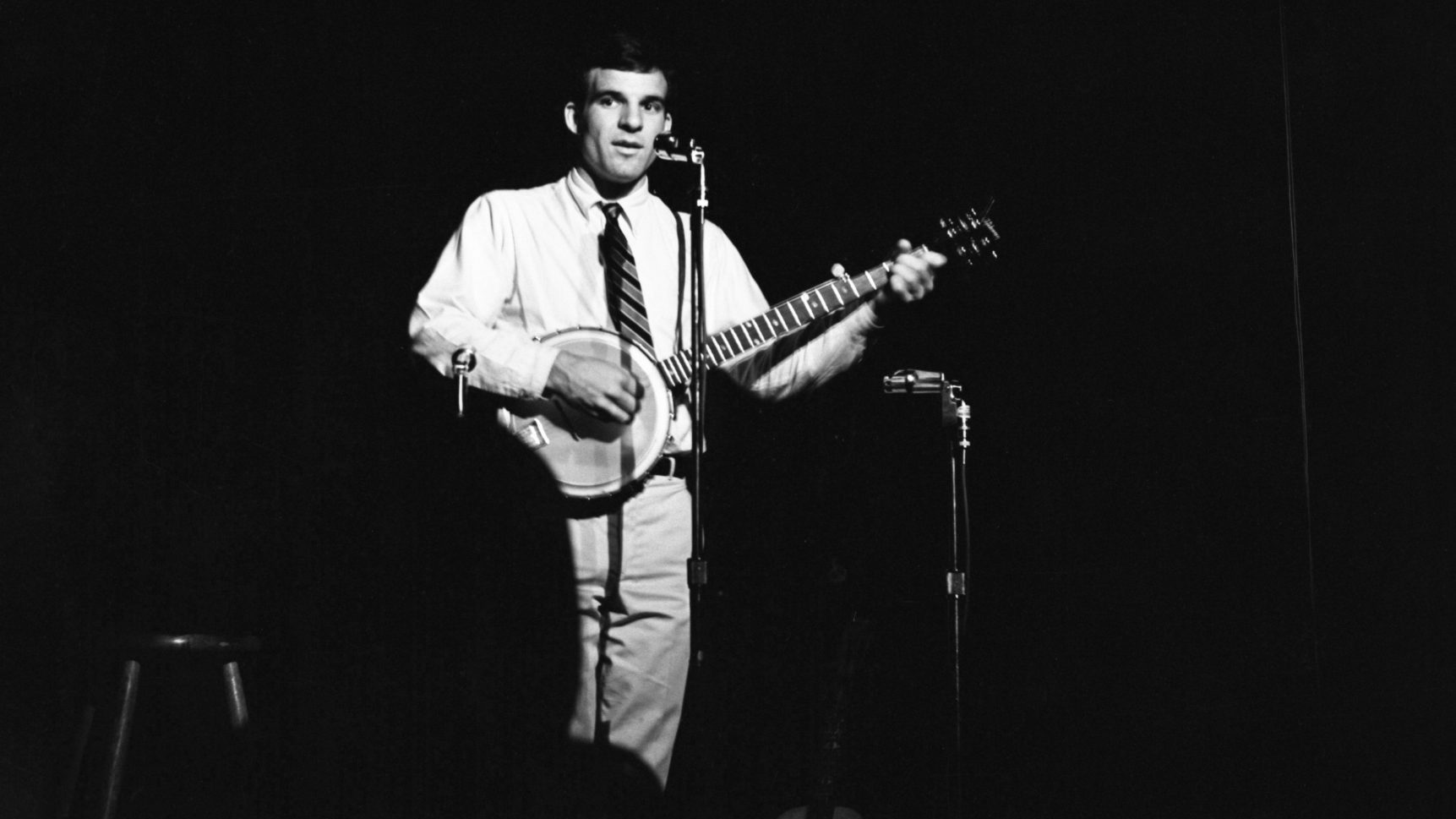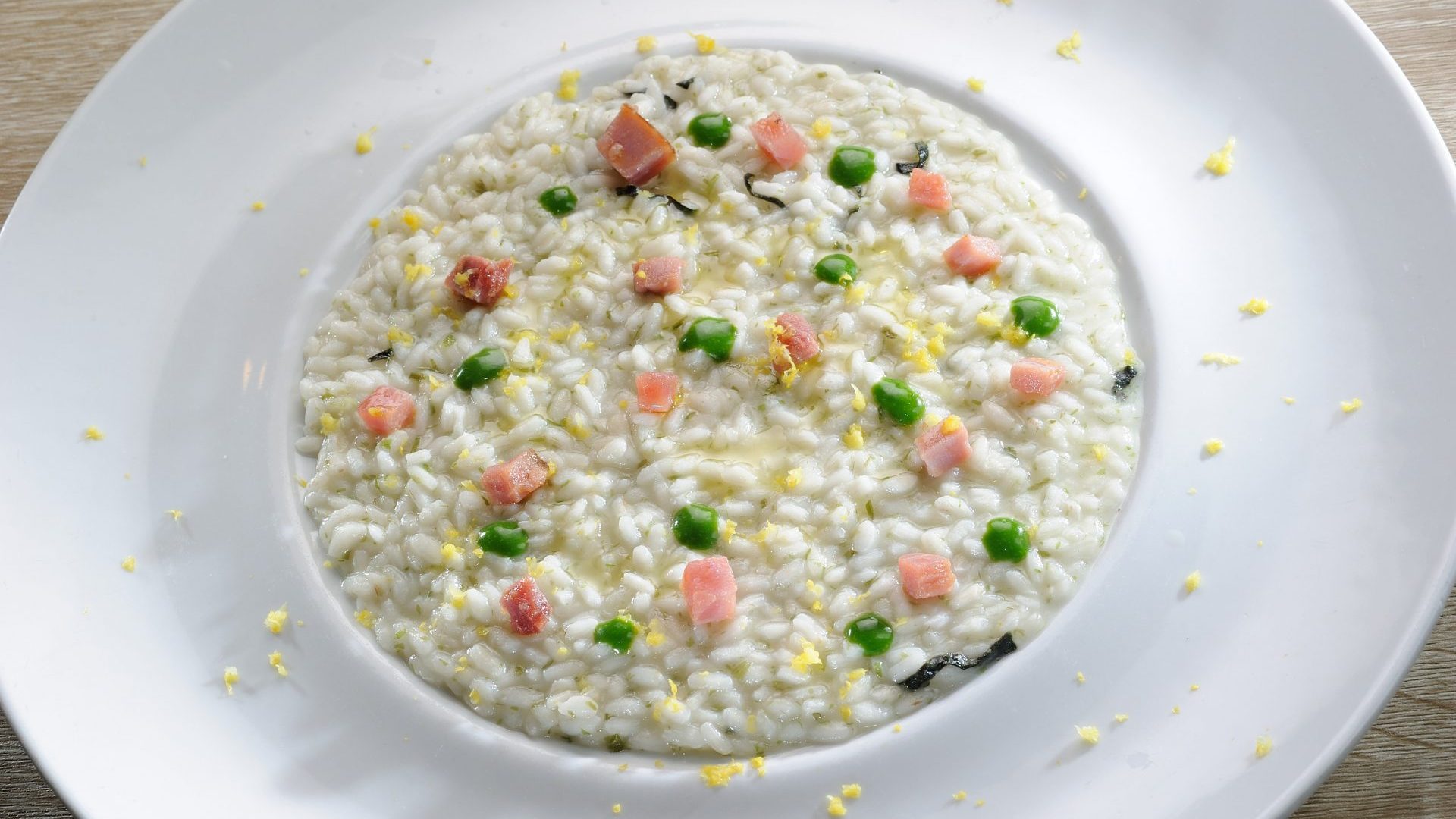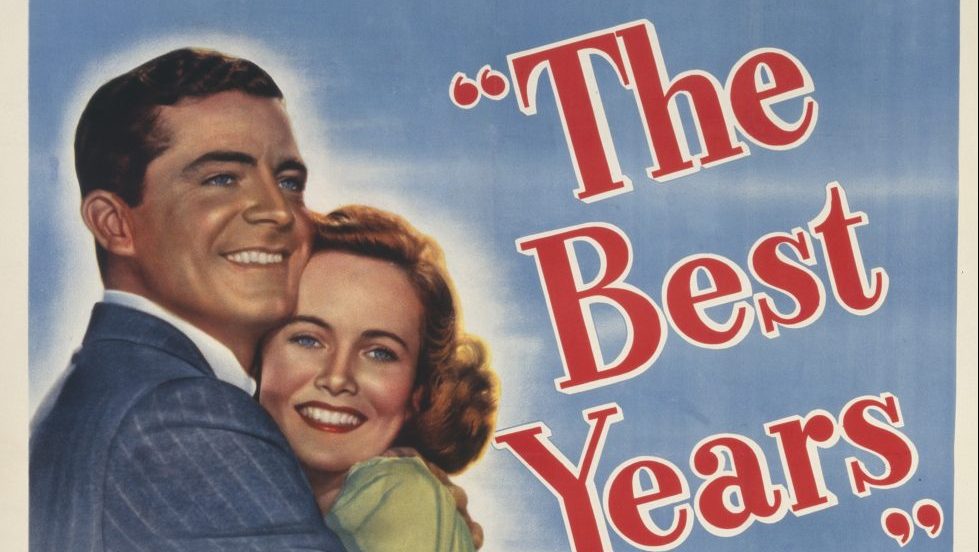PICK OF THE WEEK: BOOK
CALEDONIAN ROAD by Andrew O’Hagan
Faber
As reluctant as I have been to make predictions since the upheavals of 2016, I am as sure as I can be that we will still be talking about Caledonian Road 20 years from now. Why so?
First, this is Andrew O’Hagan’s fiction at its very best (which is very good indeed): velvet prose delivering shivs of truth. Second, Caledonian Road is a state-of-the-nation novel that, unlike most, really does rise to the occasion and dares to portray the way we live now – specifically, in the immediate aftermath of the pandemic – in all its neurotic, unmoored and interconnected multiplicity.
The book’s first sentence has an oracular feel: “Tall and sharp at fifty-two, Campbell Flynn was a tinderbox in a Savile Row suit, a man who believed his childhood was so far behind him that all its threats had vanished”. An art historian, podcaster and smartly bohemian intellectual with a side hustle in fashion writing, Campbell has recently ruffled feathers with an essay in The Atlantic on “The Art of Contrition” and is now preparing to publish a self-help guide to the crisis of masculine identity in the 21st century – Why Men Weep in Their Cars – with the twist that the book will appear under an actor’s name rather than his own.
Around him swirls a huge cast of characters (O’Hagan helpfully provides a list of who’s who before we get going), their stories spliced together in often unexpected ways. And though the book’s principal character is a citizen of the republic of letters, the story also draws us into the world of human trafficking, drug deals, Russian oligarchs, crooked politicians, and corrupt business tycoons.
Looming over the drama is a sense of personal and generational fragility; in Campbell’s case that “his destiny, like everybody’s, was to fall short and he knew it would be better if he could see the funny side”, or, as a Labour peer-for-hire puts it: “The scenery is changing”. The culture that Campbell writes about – the landscape of the private self, of individualism, of meritocracy – seems to be collapsing. But to be replaced by what? What is he to do with the “nonsense of now”?
I could compare Caledonian Road to The Bonfire of the Vanities, but it is, in truth, a better book. Do not miss it.
STREAMING
STEVE! (MARTIN) A DOCUMENTARY IN 2 PIECES
AppleTV+
Morgan Neville’s portrait of Steve Martin is divided into two quite different feature-length episodes. The first, “Then”, explores the comedy legend’s rise to fame – a long and arduous journey to an unprecedented level of success for a stand-up comic, as the “wild and crazy guy” who could fill stadiums.
“Now” is a much more personal account of Martin today – he is 78, married for the second time and a father; and, after an uneven career in movies, writer and star of the streaming sensation Only Murders in the Building, and back on stage with his great friend Martin Short.
As so often with comics, there is a streak of deep melancholy in Martin. He found it all but impossible to please his father Glenn, whose reaction after seeing his smash hit movie The Jerk (1979) was: “Well, you’re no Charlie Chaplin”.
Tina Fey, Eric Idle and Diane Keaton all admit that he is ultimately unknowable. But the arc of his biography is a happy one: from solitude and anxiety attacks to unexpectedly prolonged professional success and the joys of family, discovered relatively late in life. If the answer lay all along in the ordinary rather than the insanely exceptional, perhaps that it is the moral of the story.
CINEMA
LATE NIGHT WITH THE DEVIL
Selected cinemas
A quarter of a century has passed since The Blair Witch Project established the “found-footage” movie as a cineplex staple – one that seemed, frankly, to have run its course. But, in this supposed unearthing of a 1977 Hallowe’en talk show special, Australian brothers Cameron and Colin Cairnes have breathed fresh life into the genre.
David Dastmalchian (recently seen as the McCarthyite fanatic William Borden in Oppenheimer) is terrific as Jack Delroy, host of Night Owls, which, after many years of competition with Johnny Carson’s Tonight Show, is facing cancellation.
Cue a ridiculous psychic, Christou (Fayssal Bazzi), a debunker magician (Ian Bliss) clearly based on James Randi, and – top of the bill – the allegedly possessed 13-year-old survivor of a demonic cult’s mass suicide, Lilly (Ingrid Torelli), and her doctor, the celebrity parapsychologist Dr June Ross-Mitchell (Laura Gordon). What could possibly go wrong?
PS: I love the fact – if it is indeed a fact – that Late Night with the Devil took $666,666 the Sunday before last in the US.




